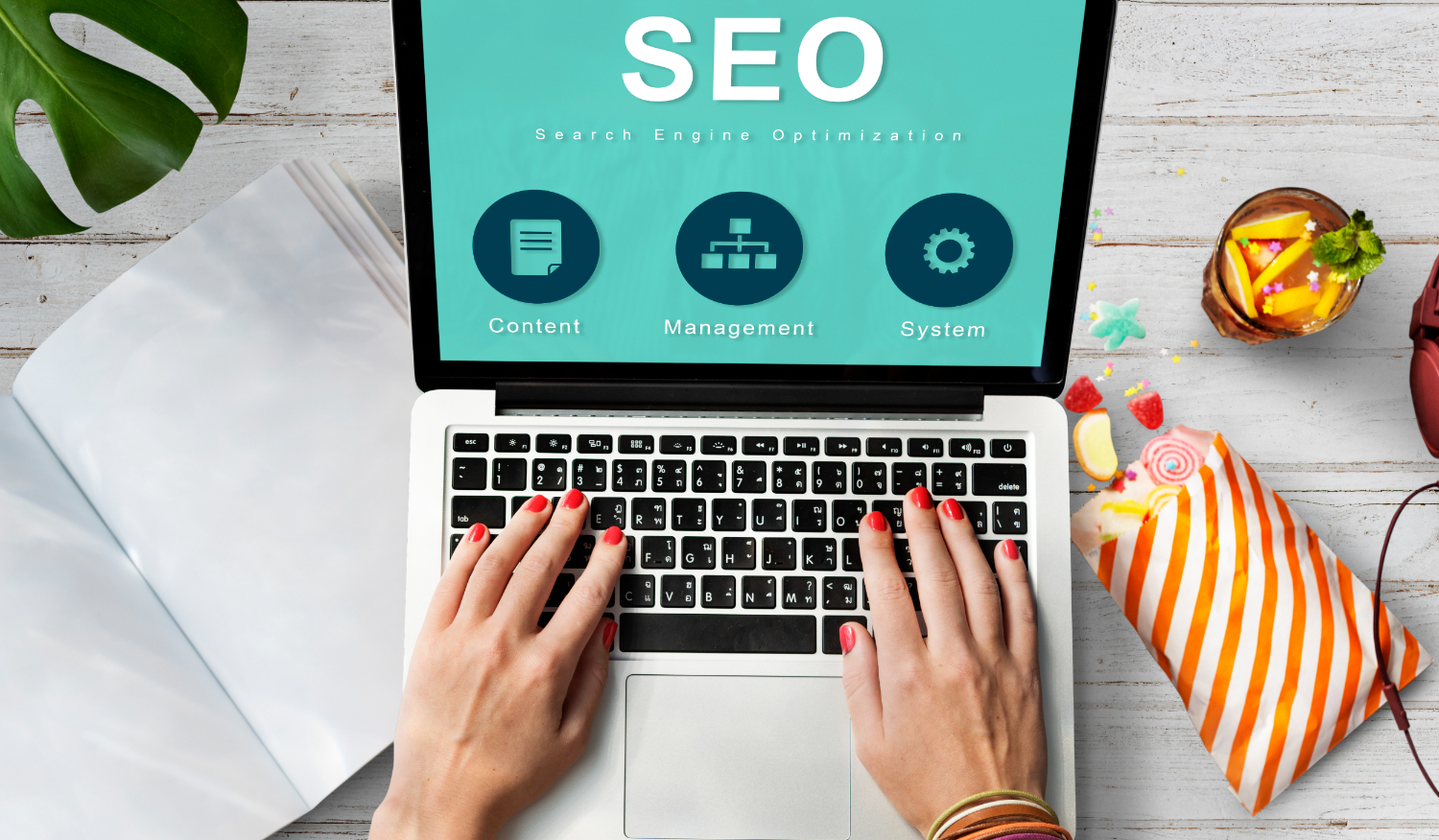
AI for digital marketing has completely transformed the field by opening more innovative channels for reaching out and attracting customers for conversion. It can let marketers automate tasks, personalize content, and allow data to drive decisions.
The need for smarter, faster, and more efficient marketing solutions has become increasingly critical as competition grows. AI helps them study customer behavior, forecast trends, and optimize campaigns with less human input. Incorporating AI in digital marketing is not an alternative available to businesses in 2024 but an essential ingredient to advance in the race and achieve maximum growth potential.
AI in Marketing
AI in marketing reimagines how businesses communicate with their target audiences. It allows the marketer to sift through millions of data, identify patterns, and predict consumer behavior to create more data-informed campaigns that are extremely fine-tuned. AI for digital marketing takes away the drudgework of email scheduling, posting on social media, and ad optimization for their best performance, enabling professionals to devote their time to market development strategy and creativity.
Besides, AI amends customer targeting by segmenting audiences based on interests and behaviors that drive the personalization of marketing efforts at a very high level. Tools like chatbot AI-driven analytics platforms nurture user experiences and gain insightful knowledge, with which businesses can easily move with the trendy flow in the market. AI will be irreplaceable in making smarter marketing decisions in 2024 and keeping your brand competitive. Embracing AI as technology evolves is at the heart of new growth opportunities and transforming digital marketing strategies for greater impact.
Importance in 2024
In 2024, AI in digital marketing has become the most important thing businesses should pay attention to if they want to be competitive in this fast-moving, data-driven environment. AI-powered tools help marketers work smart by automating mundane tasks providing real-time insights to further optimize a strategy for better performance.
With customer expectations changing daily, AI helps marketers provide hyper-personalized experiences that resonate with target audiences. This gives companies tremendous leverage over market variations since the technology’s aptitude allows for trend analysis and forecasting future behaviors. In 2024, AI adoption will no longer be an option but rather a key to sustaining growth and competitive advantage.
AI Tool Types
- Content Generation Tools: AI can create high-quality content, from blogging to social media captions or even product descriptions, that will keep marketers on a regular publishing schedule across all media.
- Predictive analytics tools: They scan historical data to predict future trends, customer behavior, and sales opportunities so marketers can make informed decisions.
- Chatbots and Virtual Assistants: AI-powered chatbots answer customers’ queries much quicker than humans or any other automated attendant technology, enhancing customer engagement and providing superior online customer support as part of AI for digital marketing.
- Ad Optimization Tools: AI can run ad optimization tools that automatically adjust ad placements, bids, and targeting to optimize an ad campaign’s performance and make a marketing budget work more effectively.
Personalized Experiences
- Dynamic Content: AI enables marketers to create content in real-time, ordered and modified by users’ preferences, enhancing engagement and conversion rates.
- Personalized Email Campaigns: AI tools analyze customer data and send tailored email recommendations, offers, and product suggestions, making the communication more relevant.
- Behavioral Targeting: AI follows user behavior cross-channel, enabling marketers to run an effective campaign targeting target users’ interests or browsing habits.
- Product Recommendations: AI for digital marketing recommends products to buyers for purchase or suggests items related to what they have bought or viewed earlier, enhancing a customer’s shopping experience and increasing sales.
AI for SEO
Keyword Optimization
AI tools help marketers develop effective strategies for keyword research by analyzing search trends, the competitor environment, and user intent. This will enable the creation of content that is high in search engine results, driving organic traffic. With AI, long-tail and related phrases can be suggested, making SEO strategies comprehensive and full.
Content Analysis
This AI-powered content analyzer tool measures content’s readability, structure, and relevance to ensure that all SEO standards are met. It can analyze gaps in existing content, provide recommendations for what a brand can do to improve it and optimize meta tags and descriptions. It improves website visibility and enhances search engine ranking.
Social Media Automation
Automating social networking growth with digital marketing and AI helps marketers manage multiple platforms by facilitating the process of scheduling posts, monitoring engagement themselves, and studying performances more efficiently. AI tools identify the best times for posting according to the activity of modern audiences, while optimization of content delivery will help reach maximum audiences.
Automation tools can curate relevant content, suggest trending topics, and generate captions for quicker execution. With AI, user interactions are monitored to find the best-performing content, further developing strategy. This makes AI for digital marketing essential in 2024 to implement social media automation and ensure consistency in messages and audience engagement across channels.
Content Creation
AI-powered content creation tools are changing the game, making the creation process lighter on sweat and more qualitative. Using advanced NLP techniques that strictly follow human type and nuance, these tools can automatically write any required text, from blog posts and social media updates to email copy. They make life easy for marketers, maintaining regularity in the content so they can focus on strategy. AI also helps in creating visual elements. It designs graphics, creates infographics, and produces videos according to the brand identity.
AI tools also analyze content performance and provide insight into what resonates with an audience, suggesting how to optimize future content. This data-driven approach ensures that the marketing effort is effective while catering to the audience’s liking. The AI could also personalize the content for various audience segments, making it more relevant and engaging. In 2024, as the demands for content increase, using AI for digital marketing will be key for businesses wanting to keep pace while delivering outstanding, impactful content on a large scale.
AI Chatbots
AI chatbots are becoming imperative in enhancing customer service and engagement in digital marketing. They answer customer queries instantaneously, can handle multiple conversations simultaneously, and can remain on 24/7 to create a better user experience. AI chatbots make comprehension and responses against a query much more accurate while using natural language processing, solving it outright, and offering personalized assistance and solutions.
Additionally, it can collect customer data amidst its interaction, which is useful for developing critical insights into refining marketing strategies. In 2024, AI chatbots are more about lead conversion into real-time customers, nurturing the leads, and automating sales processes than customer support; hence, they cannot be sidelined in modern digital marketing strategy.
Ad Optimization
AI ad optimization tools transform how digital marketers work and optimize their advertising campaigns. These tools analyze real-time data of marketing strategies and their significance to automatically refine ad placements, bids, and targeting to ensure that budgets are well utilized to reach the right audience. By applying machine learning algorithms, AI can predict which advertisements will most likely perform well based on user behavior, browsing history, and even demographics.
It will enable marketers to continuously refine their methods for better conversion rates at lower acquisition costs. Moreover, AI can do A/B testing on a large scale to determine what creatives work best for various ad versions. It can also identify emerging trends and change audiences’ tastes, allowing it to quickly optimize the campaign for maximum performance. In 2024, AI ad optimization will keep businesses competitive in the noisy digital space and ensure higher returns on ad spending with fewer manual adjustments and guesses.
Conclusion
From a luxury to a necessity, AI-powered tools have passed in 2024 for succeeding with digital marketing. AI and digital marketing let anyone automate processes and allow the optimization of campaigns toward offering personalized experiences that reach audiences. AI will, more importantly, facilitate the creation of SEO, social media management, customer service, and ad performance-formation factors that enable growth and competitive advantage.
As modern technology continues to advance, companies utilizing Artificial Intelligence in their digital marketing plans will be in a better position to adapt to changing trends and fully utilize upcoming opportunities. The time has come to tap into the power of AI to future-proof your digital marketing efforts.




